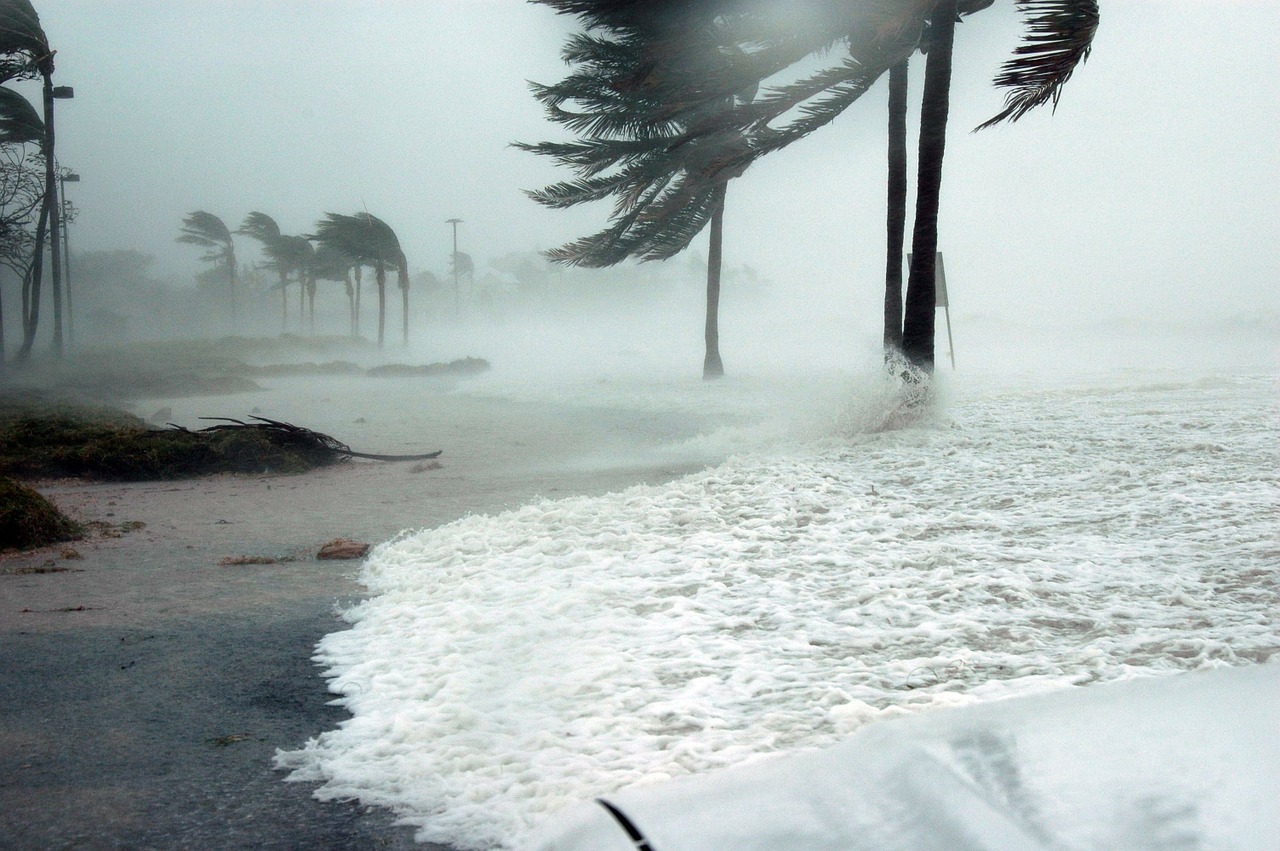As an “I” hurricane, Idalia could not have been named Isabel, Irene, or Irma because the WMO (World Meteorological Organization) retires the names of exceedingly destructive storms.
The Atlantic hurricanes list includes 14 retired “I” names:
 Compared to other letters, you can see that the list was longest for “I:”
Compared to other letters, you can see that the list was longest for “I:”

We could say also that so many retired names displays the high cost of hurricanes.
Cost of Hurricanes
Called hurricanes when they occur in the North Atlantic, central North Pacific, and Eastern North Pacific Oceans, tropical cyclones cause more death and destruction than other weather and climate disasters. Beyond building and infrastructure damage, NOAA’s list includes agricultural assets, vehicles, boats, and business interruption. And, with cost meaning much more than money, the broad range of categories only begins to convey the human sacrifice.
Below, you can see that every state experienced a billion dollar disaster since 1980:

Our Bottom Line: The Broken Window Fallacy
In “What is Seen, and What is Not Seen,” economist Frédéric Bastiat (1801-1850) reminds us of what we are not doing as we recover from a calamity. When a window is broken, the glazier gets employment and the GDP rises. However, we just wind up with the window we once had. So yes, we spend a lot to clean up after natural disasters. However, like the past, we will replace what would have been.
Complementing Bastiat, Brookings suggests that we observe the GDP impact in several rounds. During the first round, right after a storm, lost output dips because storm damage eliminates supply. As power outages and factory closures diminish production, we have a loss of output and income.
The next round, though, depends on the local or national response. If the economy is strong then people begin replacing what they lost. After an earthquake, Japan had the resources to rebuild. By contrast, following a hurricane, Haiti could not. Summarizing, like Bastiat, Brookings concludes that any positive affect is somewhat of an illusion. Even if GDP is temporarily boosted, still, “there is no way that a disaster can be viewed as good news.”
My sources and more: Curious about Idalia, I went to “I’ hurricanes. Then, NOAA, here and here, had the detail for calculating the cost of hurricanes. In addition, the WMO told about naming storms and Brookings had the GDP analysis.
Please note that our section on Bastiat was in a previous econlife post.







I never cease to be impressed by your boundless creativity and perspective in so many aspects of the economy.
Thank you!